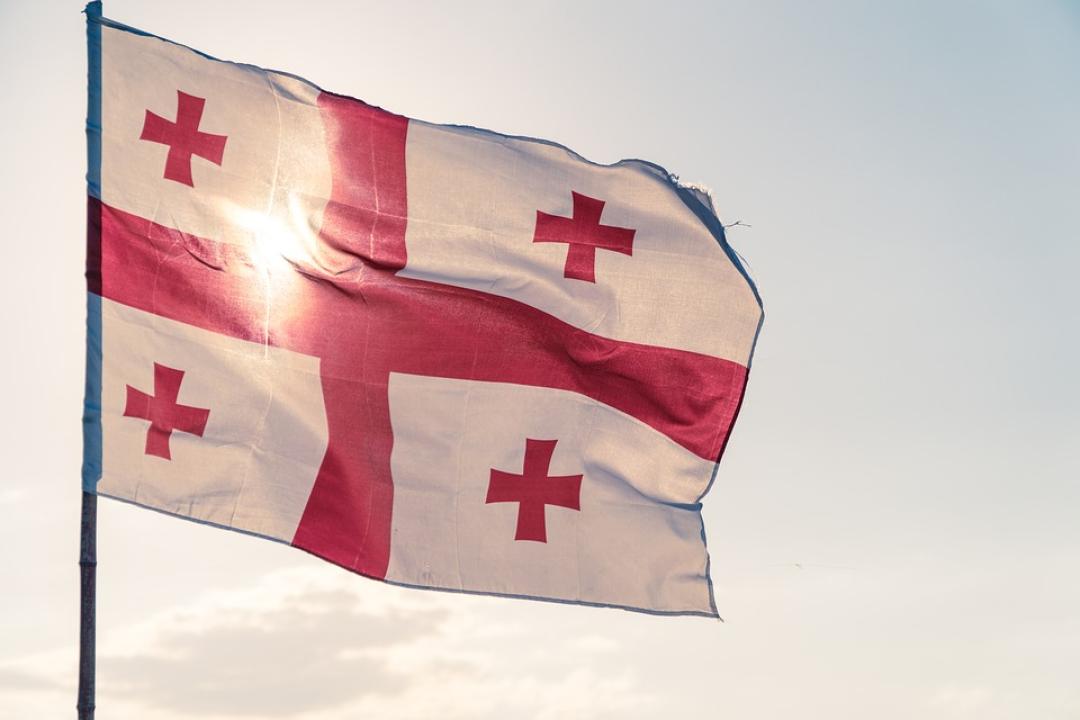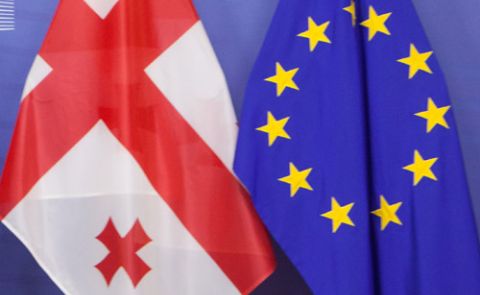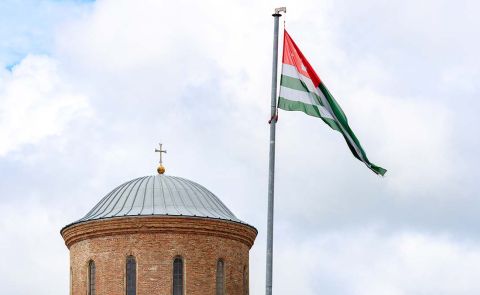
Political crisis in Georgia: Danielson starts meeting with stakeholders; public defender and US embassy comment on secret recordings

On 12 March, the EU mediator in the talks between the ruling Georgian Dream party and the opposition Christian Danielsson started his mediation efforts in Georgia.
Danielson emphasised that during the first day he would meet with representatives of political parties and civil society and that he said he would start by listening. Danielson stated that the parties should themselves find a solution to the situation with the help of mediation. “Georgia faces different challenges related to the pandemic and the state economy and its the time for the political parties to ensure all efforts to come to the agreement for the state welfare,” he added.
In the meantime, the opposition TV channel Pirveli announced that it is switching to “emergency mode” after a court ruled on 11 March allowing police to force their way into the channel’s premises (Caucasus Watch reported). The leadership of Pirveli claimed that the court’s decision gave the prosecutor’s office the “green light” to forcefully break into the premises of the TV company to seize materials.
The Prosecutor’s Office issued a statement in which it recognised the channel’s right not to hand over “an object, document or other object,” although it was requested in court. At the same time, it was suggested that Pirveli could cooperate with the investigation and voluntarily transfer materials.
The country's Public Defender Nina Lomjaria also responded to these developments, saying that the court’s warrant for seizing TV Pirveli’s device with the recordings of private conversations is unsubstantiated and contradicts Georgian legislation and European Human Rights Law. She called on the prosecutor general’s office to refrain from taking such a step that could undermine freedom of expression and journalistic activities. “The right of a journalist not to disclose a source and not to pass information obtained as a result of his/her professional activity to the investigation is, first of all, protected by domestic law. Search and seizure in mass media is allowed only when there is a clear and convincing substantiation that the conduct of the said investigative activity will not lead to the violation of the right to speech, enshrined in the Constitution of Georgia,” Lomjaria emphasized.
The US embassy in Georgia also issued a statement, saying that they are “watching closely” the developments around channel TV Pirveli and that both the making of the secret recording and the content of the audio tape should be investigated. “Both secret recordings and threats or intimidation are illegal, reprehensible, and should be investigated in accordance with the law. We urge all involved to approach this situation professionally and with restraint. The legal system must function in a fair and impartial manner and must not be misused to achieve political ends through selective prosecution,” read the statement of the embassy.
The country’s Prime Minister Irakli Garibashvili also responded to the affair, saying that Georgia’s former President Mikheil Saakashvili was behind the “dirty provocation of a fake audio recordings.” “The recording is a fabrication of the conversation, which was made 11 years ago, under the United National Movement government which confirms once again that we all were the victims of total control and illegal surveillance,” he stated, adding that the recordings serve to hamper making an agreement between the ruling party and the opposition amid the current political tension in the country. Garibashvili said that everyone, including the opposition, “must distance themselves from the dirty provocation and condemn it.” He also dismissed the reports by TV Pirveli that the government had plans to forcibly enter the channel and confiscate the tapes.
See Also


BP Strengthens Presence in Azerbaijan’s Offshore Energy Sector

Netanyahu’s Letter to Aliyev: Mutual Trust, Solidarity Following Hamas Attacks, Facilitating Dialogue Between Israel and Türkiye

Azerbaijan Expands JF-17 Thunder Fighter Jet Order from 16 to 40 Units

EU Commissioner and NATO PA Warn Georgia Over Democratic Decline Amid Accession Challenges

